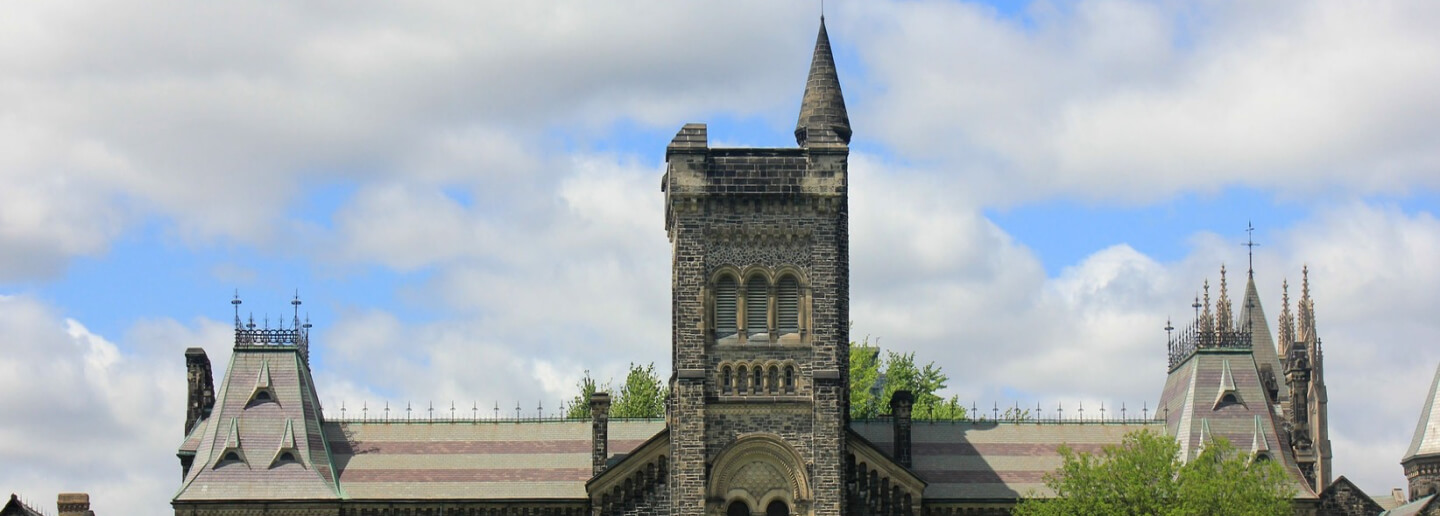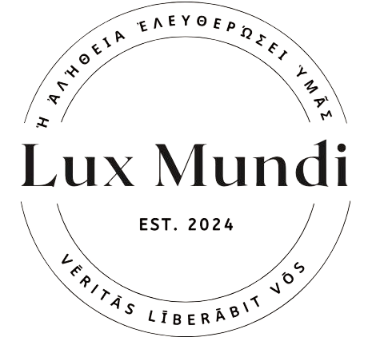From the academic year 2026/27 onward, we offer a fully accredited three-year Bachelor programme in Liberal Arts, resulting in a Bachelor of Arts diploma with specialisation: a major in history, philosophy, theology, history and philosophy of science, classics, literature, political theory, or economics, plus two minors.
We teach a Great Books curriculum. Our teaching is classical, knowledge-based, with a strong focus on personal development. Our academic year is comprised of three terms, adapted from the Oxford model. Students are taught in a small groups tutorial setting by leading experts in the field.
The week before the first term commences, in early to mid-September, students will return from the long holidays and be assigned their rooms and roommate(s) for the year. First year students will be welcomed and assigned a mentor to help them find their way in every possible meaning. Throughout term, studying will be intense: five full days of seminars and tutorials in the morning, reading and studying in the afternoon, and intellectually stimulating events in the evening. Students are free to design their weekend programme – the library and reading rooms remain open, Mass will be held in the Chapel, social events will be offered. Term times are such that students can spend the Christmas and Easter Holidays with their families.
For most of Year 1 and Year 2, students will be on the same page – literally. Our curriculum is designed around the Great Books that shaped Western society, from Homer’s Iliad to Plato’s Republic and from Dante’s Divine Comedy to Darwin’s Origin of Species. Ample time will be devoted to the book that singlehandedly shaped the West: the Bible, with courses devoted to its content and influence. During Year 2, set weeks are devoted to optional readings, where students can begin studying towards their specialization. In Year 3, students will elect one major – in history, philosophy, theology, history and philosophy of science, classics, literature, political theory, or economics – and two minors.
As a consequence of students’ limited exposure to knowledge so far, whereas a proper Socratic tutorial model would be the ideal form of teaching, many of our students will first need to be introduced to the basic facts of Western and global history and society. Weeks 1 and 2 of Year 1 will be Foundation Weeks, during which students will take intensive courses in world history, including its political and economic dimensions, the history of religion, the history of science, and the history of ideas. Two more Foundation Weeks are scheduled at the start of the second and third term. These Foundation Weeks will allow students to overcome deficiencies in their previous education and to contextualize and better understand the volumes they study throughout the year.
Students will be graded via oral examinations and essays. Ours is a knowledge-based curriculum, but knowledge needs to be internalized and operationalized, as part of the transformational process our students undergo. Through the oral exam, students will demonstrate their active mastery of the subject matter, and be able to reflect on their learning and personal development. Through the essay, students will demonstrate their ability to contextualize the subject matter, to draw connections between subject matter and the wider curriculum and beyond, to critically assess and incorporate knowledge from a variety of sources. Both forms of examination are designed to improve students’ ability to express themselves eloquently in speech and writing, to develop their argumentative and rhetorical skills, and thus to prepare them for a role in society in which clear thinking and expression are vital.

